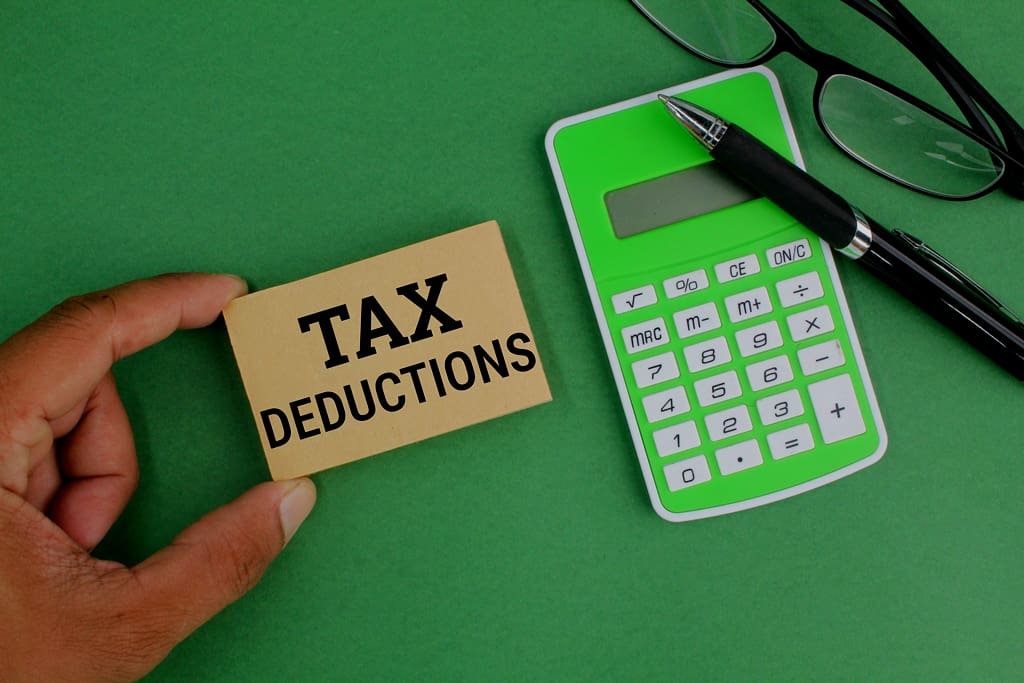If you’re self-employed and work from home, understanding tax deductions related to your home office is crucial. The IRS offers opportunities for individuals to save on taxes by deducting expenses directly related to their home office. However, it’s essential to follow IRS guidelines to ensure compliance and avoid potential issues. Let’s delve into the key aspects of tax deductions for home offices and eligible expenses.
Eligible Expenses for Home Offices

When determining eligible expenses for your home office tax deduction, it’s essential to differentiate between direct and indirect expenses. Direct expenses are those solely for your home office, such as office furniture, equipment, and supplies. These expenses can typically be deducted in full.
Indirect expenses are costs associated with your entire home but are partly attributable to your home office. These include utilities, mortgage interest, homeowners insurance, and property taxes. To deduct these expenses, you’ll need to calculate the percentage of your home used exclusively for business purposes.
IRS Guidelines for Self-Employed Individuals
The IRS provides specific guidelines for self-employed individuals claiming home office deductions. Your home office must be used regularly and exclusively for business activities. This means it should be your primary place of business or where you meet clients/customers regularly.
Additionally, the IRS introduced a simplified method for calculating the home office deduction. Instead of calculating actual expenses and percentages, you can use a standard deduction based on the square footage of your home office, up to 300 square feet.
Optimizing Your Tax Savings

To optimize your tax savings and ensure compliance with IRS rules, keep detailed records of all home office expenses. Maintain receipts, invoices, and documentation supporting the business use of your home office. Regularly review IRS guidelines and consult with a tax professional if needed to maximize deductions while avoiding potential audits or penalties.
By understanding tax deductions for home offices, eligible expenses, and IRS guidelines for self-employed individuals, you can navigate tax season with confidence and maximize your savings.
#taxconsultant #financialexpert #taxplanning #IRScompliance #taxstrategy #taxsavings #professionaladvice #homeoffice #selfemployed.
